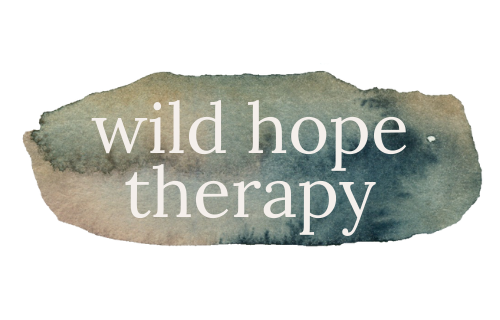how a resilient kid becomes a happy adult
By Sara Parko, LSW, PMH-C
Recently I picked up my copy of “Good Inside” by Dr. Becky Kennedy @drbeckyatgoodinside for the umteenth time. I’ll own it, I’m one of those readers with a toppling stack of half read books and a lot of good intentions.
I try to make a point to read any book I recommend first, but it’s been a couple years since I’ve conquered this one cover to cover. Thankfully, Libby by @overdrive.inc_ for the win! This Mama loves an audiobook!
So here we all are, reflecting on happiness together and whether or not we want our children - or our adult selves - to have it.
Yes, that’s one thing I believe gets missed in parenting books; we’re often parenting ourselves too. So even if you don’t have children, or they're all grown up, this is still for you.
Dr. Becky posits in chapter six that “cultivating happiness is dependent on regulating distress” (p. 62). It doesn’t matter if you’re 6, 16, 36 or 60, this applies. “Regulation first, happiness second” (p. 63). This is the process of developing and practicing resilience.
Resilience is our ability to experience emotion and stay grounded. To feel a negative emotion (stress, failure, adversity) and not feel bowled over by it but rather that we’re able to allow that emotion and to find our way forward.
When we focus on our children’s “happiness,” Dr. Becky explains, we’re more inclined to solve their problems, rather than allowing them the chance to solve it themselves. While this feels good for both of us (parent and child) in the short run, the long term implication is that our children do not learn what to do when faced with challenges, failure, disappointment, or other difficult situations.
In our effort to support, we can also invalidate–when we dismiss an emotion with an encouraging “you’ll be okay,” when we minimize an experience with “oh it’s not that big of a deal, there will be other chances…” Dr. Becky notes that when we push away the bad feeling for our child, “we think we are helping, but what our child hears is, ‘I should not feel upset. When I feel uncomfortable, my job is to make my way into comfort as soon as possible.’” (p. 67).
But what if instead of trying to protect, we focus on preparing our children (and ourselves) for the tough stuff, the hard times, the challenges of life?
We can start by creating space for distress. Talking about disappointments creates opportunities for children to learn from them, allowing for growth through reflection as well as fostering connection when they aren’t “perfect.” Kids learn, in turn, that their job isn't to be happy all the time and they can be accepted and supported through difficult times. This promotes emotional regulation by offering an outlet through supportive conversation, giving children the chance to express their hard feelings appropriately.
As adults we can practice this skill and build our own resilience as well. What would it be like for you to sit with and recognize your own distress without shame or guilt? What if you turn to a trusted friend or support person to talk it out? How would you feel different about, or even grow from, a difficult situation that you were given permission to acknowledge was hard?
What if our parents, and in turn we as parents, shared Dr. Becky’s dream: “I want my child to be able to cope with whatever the world throws her way. I want her to feel supported in distress when she’s younger so she can support herself when she’s older” (p. 69).
